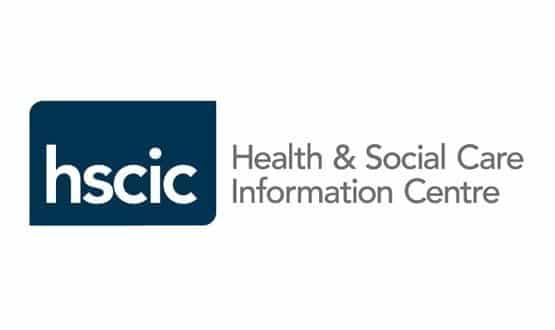The Health and Social Care Information Centre will release more information in November about its plans for a secure data lab for viewing patient data, its chief executive Andy Williams has said.
Williams discussed the HSCIC’s efforts to improve protection of patient data at a stakeholder meeting in London, along with chairman Kingsley Manning and board member Sir Nick Partridge.
The meeting was set up to address public concerns after the Partridge Review found “lapses” in how its predecessor organisation shared patient data.
Williams said the organisation is working on a range of actions to address the issues outlined in the report.
“There’s a huge amount of work that has been done since the publication of the report to completely reshape and change all of the processes in the organisation around access requests.”
Williams said the organisation is working on plans for a secure data lab where organisations can view sensitive patient data in a sealed environment, rather than sending it out to them.
However, he said the HSCIC has not yet decided whether a data lab would become the only way to access the data or whether some organisations could still have data sent to them.
“It’s a really tricky one: some people say we really ought to only use a data lab service, and some people say that’s a bit inhibitive, but we know it needs to feature in some way.
“We’ll go through a consultation process to draw the line on, is it for all or is it for some?”
Manning said the HSCIC remains “open-minded” about the form that a data lab will take.
“The assumption that it’s going to be a huge server farm somewhere in Leeds that everyone has to go to is not necessarily the case – we’re very open-minded about how it will play out.”
The stakeholders present raised a number of concerns about the data lab proposal, including whether the HSCIC has the capacity to support its creation and the possibility that it could “stifle innovation”.
Williams said a report on the data lab proposal will be released in November for consultation, with a data lab service of some description likely to be part of the HSCIC’s “offering” from early 2015.
He said the HSCIC is currently dealing with a backlog of over 600 data requests, and is also receiving around 70 new requests each month.
It is planning to reduce the level of requests to a “steady and manageable state” of around 100 by November to ensure it can meet expectations for the accuracy and timeliness of the data it shares.
Williams said organisations are beginning to sign new data sharing agreements with stricter controls and penalties for misuse of data.
The new agreements will also make it easier for the HSCIC to audit organisations and ensure their compliance, with the HSCIC is planning to perform its first audits in August.
He said the HSCIC is also planning to “reshape” the Data Access Advisory Group, an independent panel set up to consider applications to the HSCIC for sensitive data, to ensure it is more representative of patients and the public.
A new operational DAAG should be in place by November with changed representation, Williams said.

